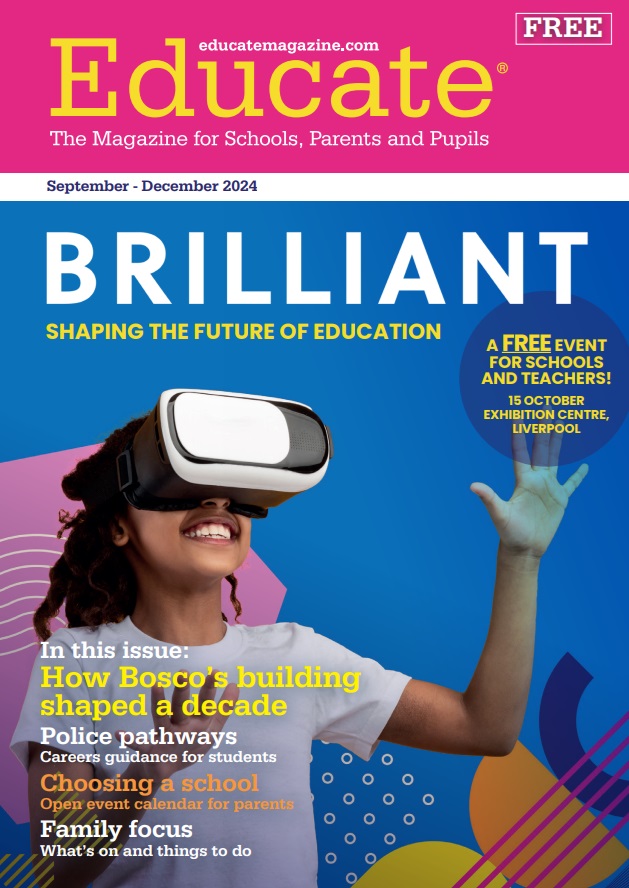UCAS scrapping personal statements for university admissions

Personal statements are set to change, creating a level playing field for all applicants, the Universities and Colleges Admissions Service (UCAS) has announced today.
The new approach will see a move away from a free text box, with students asked to respond to three structured questions instead.
This is designed to address concerns that progress on encouraging disadvantaged students to apply for university has started to stall from Dr Jo Saxton, the new CEO of UCAS. It follows the decision last month to waive the application fee for free school meal students.
UCAS said the three new questions will ensure students from all backgrounds better understand the key information universities and colleges want to know about them when making admissions decisions.
Previous UCAS research found 89 per cent of students felt that the purpose of the personal statement is extremely clear or clear but 79 per cent reported that the process of writing the statement was difficult to complete without support.
UCAS surveyed potential applicants about to start their personal statement, and found more than three quarters prefer the three-question format. Over 80 per cent said they found the three questions ‘extremely easy’ or ‘somewhat easy’ to understand.
The new structure will also improve the capture of information that universities and colleges tell UCAS is of most value when admissions teams are differentiating between applications.
The three questions were chosen following extensive research, testing and validation with students, teachers and advisers, and universities and colleges:
Why do you want to study this course or subject?
This is an applicant’s opportunity to showcase their passion for and knowledge of their chosen subject, to demonstrate to universities and colleges why they are a good fit, and to outline any future ambitions.
How have your qualifications and studies helped you to prepare for this course or subject?
In this section applicants can describe relevant or transferable skills they’ve gained in education, and demonstrate their understanding of how these will help them succeed in their chosen course or subject area.






